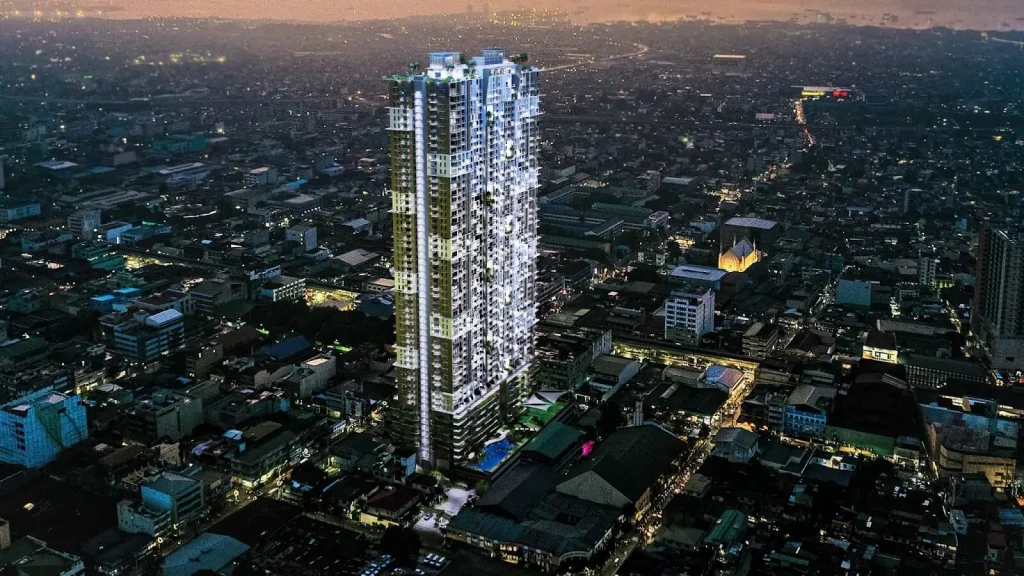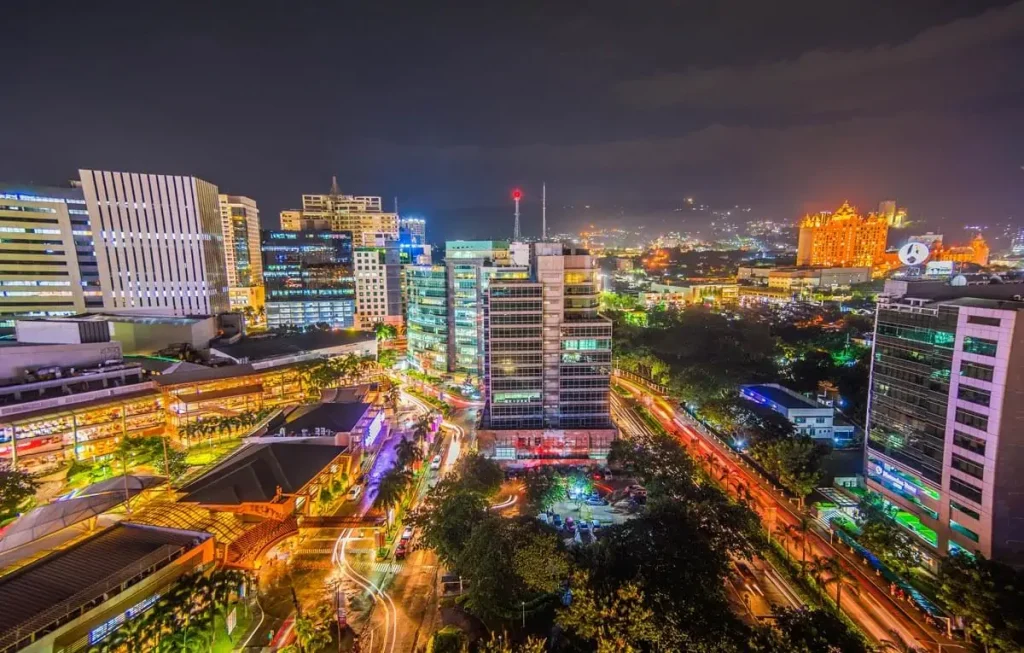Researches, articles, and surveys have predicted the future of the real estate market. Coming from various perspectives, economic players and aspirants have fixated their visions to its trend movement and impact to the world’s overall market. Today, the world has set the trend of the business after two decades. With the projected increase of value from 27% to 39% by the year 2021, and 50% by 2031, according to the Asia Pacific Real Estate Association, Asia’s influence to the global real estate investments is expected to dominate the international market.
This forecast is partially rooted from the international interest of Asian countries, causing a material impact and aiding investment strategies. Local and international investors have been taking advantage of most Asian countries’ vision on setting forth to the international market and being globally competitive – this attracts more and more business players to invest and capitalize on the region’s economic growth and progress. This is manifested by the growth of Real Estate Investment Trust markets in the region. While western real estate players struggle for the stability of their hold to the market, their experienced inflation rates became an advantage for countries like China and Japan to enter the game. Inflation rate greatly affects the correlations of cost, supply, and demand, particularly on the value of property purchase and exchange.
The penetration of real estate business in Asia gave way to the construction of profit-generating establishments in different countries of the region. Particular buildings like retail centers, condominiums and other housing edifices, office rentals, and industrial grounds are only some of the structures that rose on purchased land properties in Asia.
Professor Graeme Newell of the University of Western Sydney stressed in his report that liquidity, or availability of liquid assets (cash) to a market or company, is a key factor to the rise of REIT markets in the Asian region – this liquidity is comparable to that of United Kingdom’s and United States’. The correlation of the basic capital and profit increase on such businesses supports this claim. In most Asian countries, a minimum capital invested on real estate properties produces astonishing returns ranging from 10% up to 20% of the investment.
Surveys about real estate business trend in Asia produced figures showing the market’s progressive movement, from 2003 up to the present. Commercial investments on real estate properties in Asian regions are rapidly increasing. This development is concentrated primarily on countries like Japan, China, Hong Kong, and Singapore.
China achieved a 68% quarterly increase in terms of investment volumes during the final quarter of 2011, in the month of October to be exact. And though it has experienced a great inflation during the succeeding years due to its implementation of restrictive property ownership laws, it successfully made a comeback, as its retail and office value rate jumped at a remarkable 20% increase towards the 1st quarter of 2013. China is one of the Asian countries that took advantage of the inflation rate in the west. Decreasing vacancy rate, or properties viable for business occupancy, greatly affected the rental and purchasing cost of properties in the U.K. and U.S. China, in wanting to attract more investors, offered properties that are cost-effective – cheap yet returns are stable. Furthermore, despite the recent deflation in China, investors did not pull out their investments on residential properties.
Japan, like China, invested on real estate properties particularly on establishments for office rentals. In fact, it has one of the world’s largest office inventories, and probably the largest in Asia, leaving as low as 9% vacancy rate in Tokyo, and 11% in Osaka. Japan, in having issues on business liquidity, risks in throwing away funds on the real estate business. Despite the fear that the available capital would be channeled into reconstruction projects alone, Japanese banks today have become more open to financing real estate deals than they have been for years. Prior to this, the Japanese government has declared its support on real estate prices by buying share from local REITs.
Other countries like Hong Kong and the Philippines are also contributors to Asia’s influence. Hong Kong had an annual increase of 23.1% on retail sales, reaching HK34.2 Billion at the end of 2011. Less restrictive policies in the Philippines attracted BPO investments acquiring a 9.8% increase on office rents in 2012. These countries also follow the low-cost high-profit trend.
The real estate investment in Asia is now setting a trend on the world market. Its future domination is quite unquestionable. Investors and aspiring professionals might want to go along with this “Asian wave” towards the future of the real estate game.











